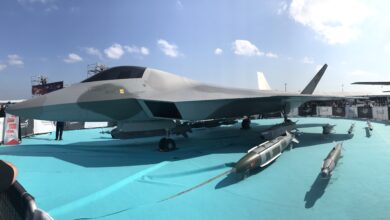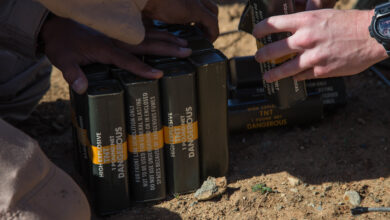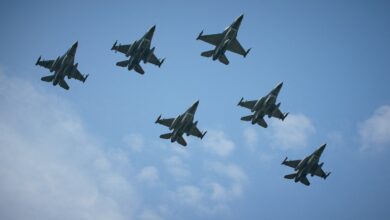Indonesia police charge Polish man over Papua separatist links
Jakub Fabian Skrzypski says he intended to film an arms deal between rebels on New Guinea
A Polish man has been charged for his alleged links to Papuan separatists and could face life in prison if convicted, Indonesian police said.
Jakub Fabian Skrzypski was charged after he was detained for questioning earlier this week, according to police, who said he intended to film an arms deal between rebels in the restive province on the western half of New Guinea island.
On Thursday, August 31, authorities said Skrzypski and three Indonesians had been charged with a range of crimes under Indonesia’s criminal code, including a plot to overthrow the government.
Police gave no other details of the alleged plot.
Skrzypski was arrested in Wamena, the largest town in Papua’s rugged highlands, police said.
More than 130 rounds of ammunition and documents detailing the struggle of the Free Papua Movement were confiscated from the group, Papua police spokesman Suryadi Diaz said.
Poland’s foreign affairs ministry said it was offering consular assistance to Skrzypski and trying to determine the full extent of the charges against him.
“We can confirm that [he] has been detained on the charge of contacting separatists,” a ministry spokesman told AFP in a statement.
Authorities are extremely sensitive about Papua, which has been the scene of a simmering separatist movement since it was annexed by Indonesia in the late 1960s through a United Nations-backed referendum considered a sham by many historians.
Indonesia’s easternmost province is usually off limits to foreign journalists without government authorisation.
In 2014, two French journalists were handed short jail terms for reporting in Papua without permission.
The region, one of Indonesia’s poorest, has seen a spate of attacks on civilians and security forces by alleged separatists in recent months.
Some of the violence has been near a huge gold and copper mine operated by U.S. company Freeport McMoRan.
The site has been a frequent flashpoint in the struggle for Papuan independence and a bigger share of the region’s rich natural resources.
With reporting from AFP












